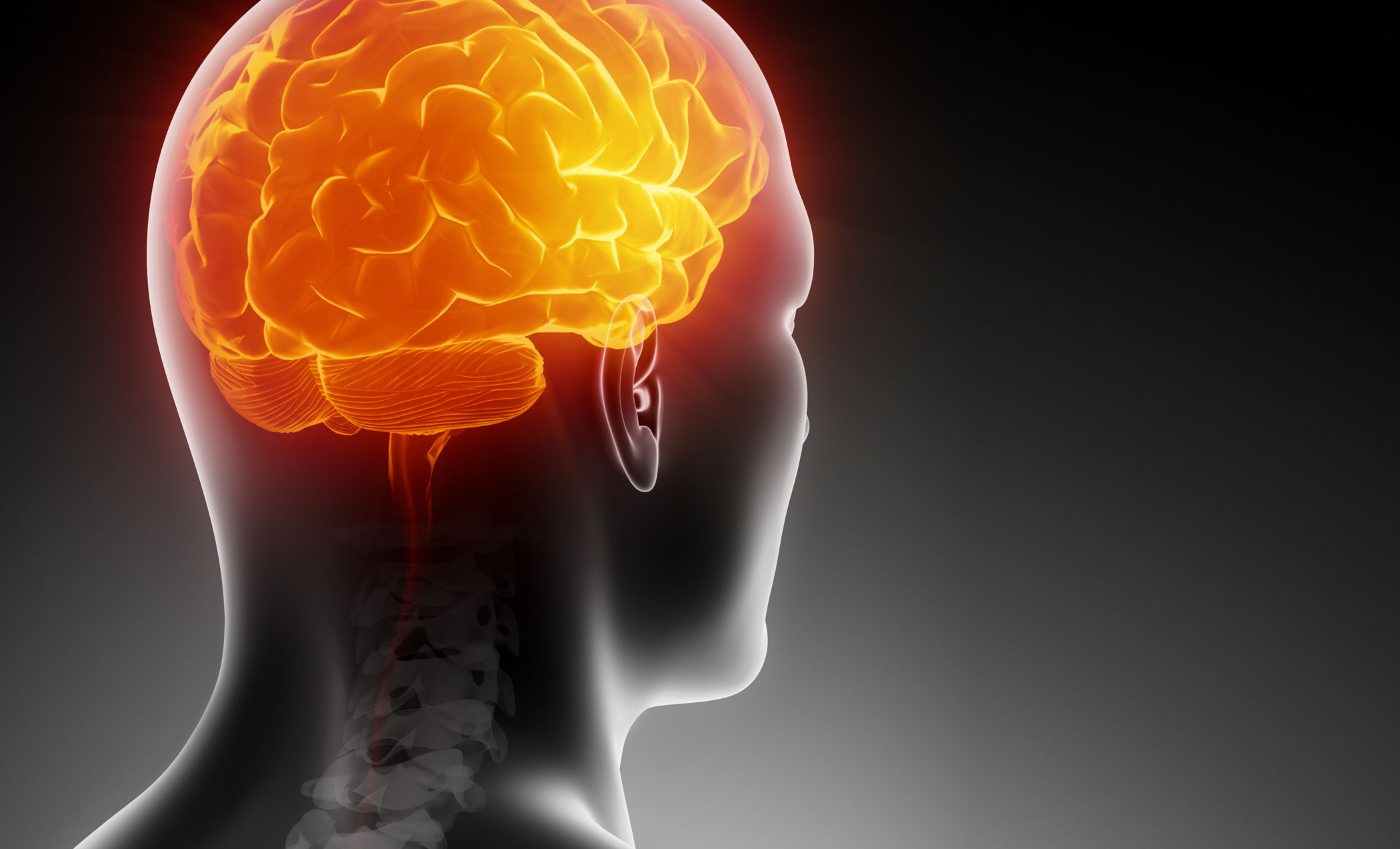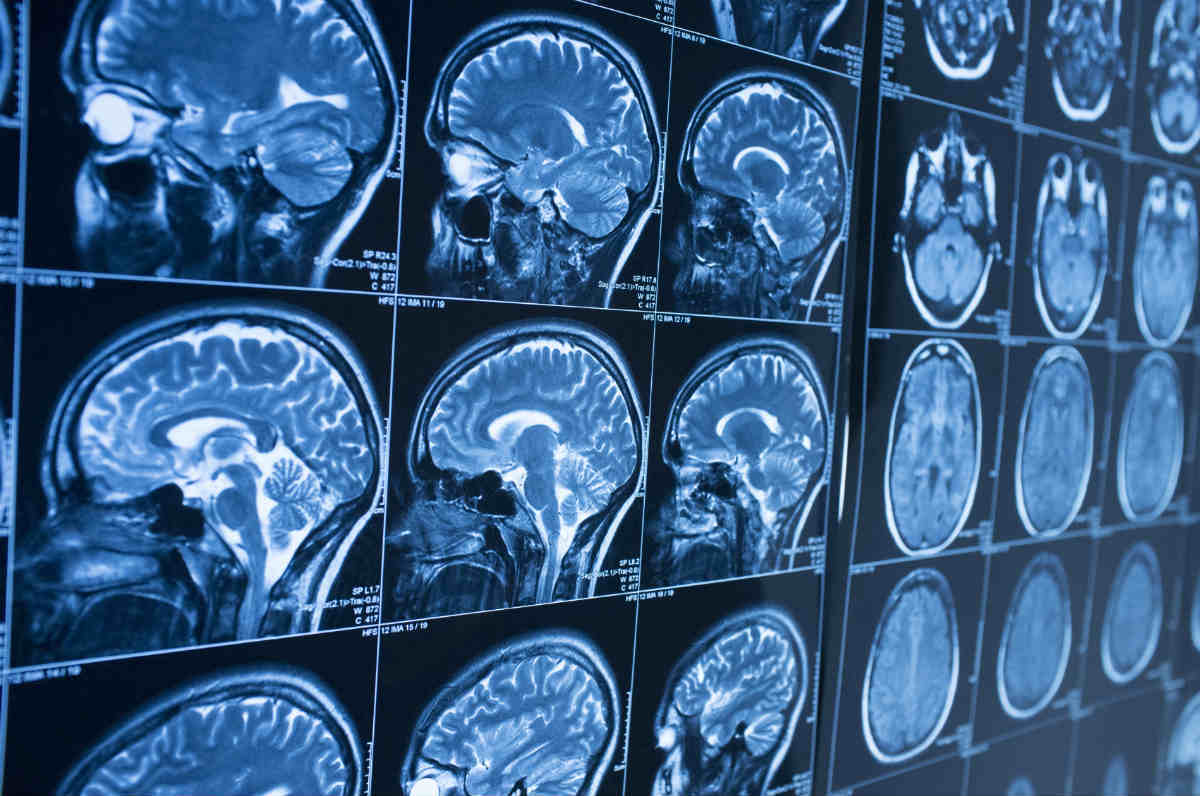A team of researchers, in a Rutgers University study, has discovered two molecules that could be the basis for developing new drugs for the treatment of traumatic brain injuries.
The study, which was recently published in the journal of Neurobiology of Disease, uncovered the findings.
Lead author Bonnie Firestein, a professor of cell biology at Rutgers opined that damage caused by traumatic brain injuries isn’t just the result of the physical blow, but is connected to the release of a neurotransmitter referred to as glutamate.
“I think that this opens up a whole new way of thinking,” Firestein said, “Because, if you want to help somebody who’s had a traumatic brain injury, not only do you want to spare their neurons, you want to make sure that their brain is connected properly.
Traumatic brain injuries account for more than 2 million hospitalizations in the US annually. Long-term effects can include epilepsy, depression and cognitive impairment.
“Under normal circumstances, a little bit of glutamate is really good,” she said. “The problem is, if you have too much of this glutamate released, it starts killing off your nerve cells.”
Commonly known as neurons, these nerve cells send and receive information in the brain. They combine to form advanced circuits that are required for memory and learning. When released in excess, glutamate destroys neurons as well as the connections that form those circuits. A compound called cypin is the brains natural defense against damage.
“When you have more of this compound cypin, these cells are more resistant to being killed by glutamate,” Firestein said. “So the question is, can we somehow activate this protein?”
To find a resolution, the team proceeded; testing different compounds to find any that may have the ability to augment cypin action. After identifying two apparent prospects, the researchers experimented with cells to see if adding the two “activators” could negate damage caused by glutamate.
“And we found that, in the cells that were treated with the activators, these neurons not only survived, but they also had the correct electrical properties.” she said.
The research team was able to maintain the connections that are necessary for learning and memory. A test in mice further validated the results, recovering their memory.
Attempting to develop these two compounds into drugs that can be tested on humans will be the next step, according to Firestein. If successful these drugs could represent a significant step in the treatment of traumatic brain injury.
“Previous treatments have offered sparing of nerve cells in the hope that they will reconnect properly, and you will regain your memory,” Firestein said. “So we are going a step further, where we’re trying to not only help your brain cells survive, but also help them function properly.”
Firestein hopes that the benefit will extend beyond the initial aid to learning, memory and mental clarity.
“My hope is that by studying these compounds and studying how to reconnect the brain and keep the brain functioning, it would then feed into other area’s of a persons life,” she said. “They’re happier, they’re functioning better, they’re moving better, and they don’t have as many negative sensations. Because the ultimate goal is not just to have better learning and memory, it’s to have a fuller life.”
Vititoe Law Group is a personal injury law firm committed to helping individuals who have suffered from a traumatic brain injury, as well as their loved ones. If you, or a loved one, received a traumatic brain injury, reach out to a qualified brain injury attorney at Vititoe Law group for a free evaluation of your case. We can help you recover medical bills, lost income past and future, as well as compensation for rehabilitation, vocational training, along with pain and suffering. We are here to help but do not wait as time to file your case is limited. Call 818-991-8900 today or contact us online









